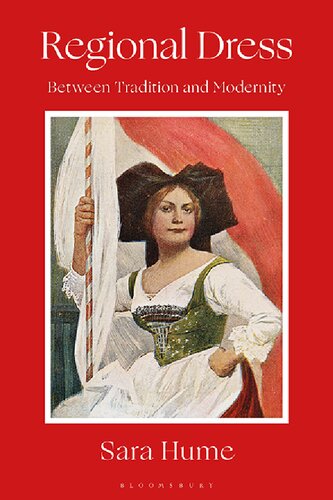
Regional Dress: Between Tradition and Modernity PDF
289 Pages·2022·81.064 MB·English
Most books are stored in the elastic cloud where traffic is expensive. For this reason, we have a limit on daily download.
Preview Regional Dress: Between Tradition and Modernity
Description:
Traditional dress is a common phenomenon across much of Western Europe, often originating in elaborate practices for rural religious events. Yet despite its fundamentally local nature, traditional dress in various European regions developed along a similar trajectory, sometimes being transformed into political symbols and regional promotion for tourism, and always revealing the complexity of rural society in terms of religious divisions, class inequality and tension between the desires to protect tradition and embrace modernity. To better understand how traditional dress evolved in France and Germany from the 19th to 21st centuries, this book takes Alsace as its case study and in doing so illuminates broad experiences of modernity across rural Europe and answers overarching questions about regionalism and nationalism.Specifically, Sara Hume unpacks why Alsatian dress was adopted as a symbol of loyalty to France despite being closer in style to German dress practices. She explores the impact of political and geographical tensions on the appearance and function of traditional clothing, for example in Alsace’s situation at the border between France and Germany and in its transformation from disputed territory into capital of a united Europe. Logically progressing chapters reveal how modernity did not drive out tradition in rural communities but rather led to processes of adaption, preservation and re-evaluation.Through a rich variety of primary sources including costumes, illustrations, political cartoons, legal documents and oral histories, Regional Dress sheds light on the little known and rarely documented experiences of rural Europeans. Its material culture approach to the study of regionalism is essential to students of traditional and folk dress history, European history and design history.
See more
The list of books you might like
Most books are stored in the elastic cloud where traffic is expensive. For this reason, we have a limit on daily download.
